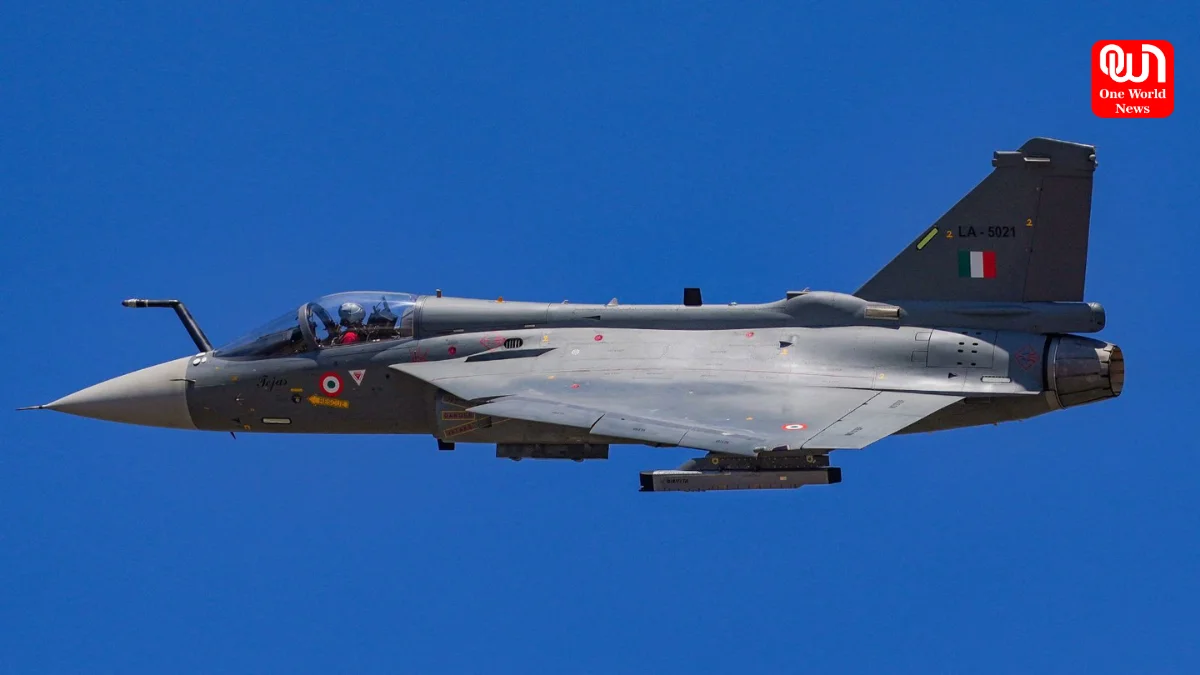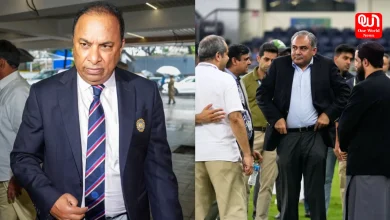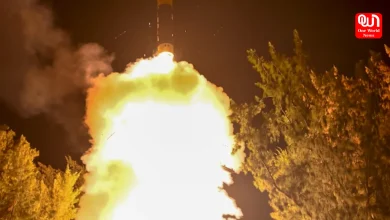MiG-21s Gone, HAL Must Deliver Tejas Mk 1A Jet to Secure India’s Air Supremacy
With MiG-21s retired, HAL must deliver Tejas Mk 1A jets on time to maintain India’s air power and counter regional threats effectively.
MiG-21s Retired, HAL Faces Urgent Task to Deliver Tejas Mk 1A Jet and Safeguard India’s Air Power
The recent retirement of 36 MiG-21 fighter jets has put a spotlight on Hindustan Aeronautics Limited (HAL) and its responsibility to deliver the Tejas Mk 1A jets. At the Bengaluru Aero India Show in February, Air Chief Marshal Amar Preet Singh openly criticized HAL for failing to deliver any of the 83 promised Tejas Mk 1A jets to the Indian Air Force, questioning the prioritization of this crucial project and warning that delays could compromise national security.
The MiG-21s, inducted in 1963 and used extensively in wars from 1971 to Kargil, have been a cornerstone of India’s air power for decades. HAL manufactured over 60 percent of the total 874 MiG-21 jets used by India. Despite their historical significance, these jets were outdated and increasingly prone to accidents, making their retirement inevitable. The phasing out of the MiG-21s has now widened the gap in the IAF’s operational squadrons, which currently stand at only 29 against a sanctioned strength of 42.
HAL’s delays in delivering the Tejas Mk 1A jets have raised serious concerns. An order worth Rs 47,000 crore for 83 fighters was placed in 2021, with deliveries expected to start in 2024 and conclude by 2028. However, as of now, not a single jet has been delivered, with only the first two expected by this year. Engine supply issues from GE Aerospace in the United States have been cited as a major cause of delay, with only three engines delivered so far. Without a steady supply of engines, even completed aircraft structures cannot be inducted.
read more: Trump Imposes 100% Tariff on Imported Pharmaceutical Drugs Starting October 2025
Recognizing the urgency, the government signed another contract with HAL for 97 LCA Mk1A jets worth Rs 66,500 crore. HAL now faces the daunting task of delivering 180 jets to the IAF, including the previously ordered Tejas Mk 1A aircraft, while ramping up production lines to meet deadlines. These jets are crucial for maintaining parity with Pakistan, which has 25 fighter squadrons, and is acquiring 35-40 J-35 fifth-generation jets from China.
The new Tejas Mk 1A jets will incorporate advanced indigenous systems like the UTTAM Active Electronically Scanned Array Radar, Swayam Raksha Kavach, and improved control surface actuators, strengthening India’s push for self-reliance in defence manufacturing. With the MiG-21s retired, the IAF now relies heavily on the Su-30MKI fleet, along with Rafales, Mirage-2000s, MiG-29s, and Jaguars, but production of new aircraft must accelerate to prevent capability gaps.
Read more: India Rebukes Pakistan’s Absurd Theatrics On Terrorism At UNGA
Future projects like the AMCA fifth-generation stealth fighter highlight the long-term importance of indigenous aircraft development. While the AMCA program will involve private industry partnerships and joint engine manufacturing with Safran, the immediate need remains the timely induction of the Tejas Mk 1A jets. Delivering these jets on schedule is critical not just for operational readiness but also for deterring adversaries in a hostile neighborhood, as demonstrated during ‘Operation Sindoor’ where precise air strikes provided a decisive advantage.
With HAL now handling both existing and new contracts, the stakes could not be higher. Timely delivery of Tejas Mk 1A jets will ensure that India does not lose air superiority, preserves rapid strike capability, and strengthens its position against both Pakistan and China, reaffirming that self-reliance and technological edge are non-negotiable for national security.
We’re now on WhatsApp. Click to join.
Like this post?
Register at One World News to never miss out on videos, celeb interviews, and best reads.








